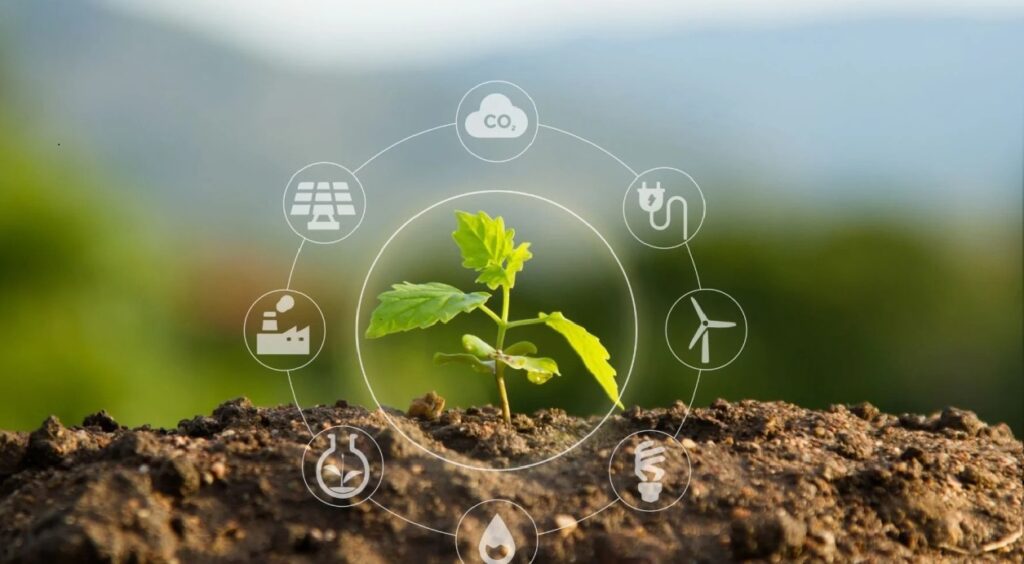In a world constantly grappling with environmental challenges and health inequalities, the intricate relationship between Environmental Justice and Medical Sharps Waste emerges as a compelling subject. The delicate balancing act of managing waste, especially when it pertains to medical sharps, is not merely an environmental concern; it’s a matter of ethics and social justice. For vulnerable communities, the practices that define how waste is treated, recycled, or disposed of can have profound consequences. In this comprehensive exploration, we will venture into the intersection of these critical domains, revealing how they are interlinked and what measures are being taken to foster a more sustainable and just world.
1. Understanding Environmental Justice: A Foundation
What is Environmental Justice?
Environmental Justice is the fair treatment and meaningful involvement of all people, regardless of race, color, national origin, or income, in the development, implementation, and enforcement of environmental laws, regulations, and policies (EPA). This concept emphasizes that no community should be disproportionately burdened by environmental hazards.
Medical Sharps Waste: An Overlooked Concern
The management of medical sharps waste is a critical aspect of healthcare that often goes unnoticed. Sharps waste encompasses items like needles, scalpels, and other devices that can cut or pierce the skin. The mishandling of this waste can lead to serious health hazards (OSHA).
2. The Connection Between Environmental Justice and Medical Sharps Waste
Medical Sharps Waste in Vulnerable Communities
Medical sharps waste often disproportionately impacts underprivileged and vulnerable communities. Lack of resources and education can lead to improper disposal, posing environmental and health risks.
A Case for Sustainable Practices: medical waste disposal Houston
Implementing sustainable practices in medical waste disposal is vital, especially in densely populated areas. In cities like Houston, companies such as Biomedical Waste Solutions are leading the way in responsible waste management. Their practices not only protect the environment but also safeguard the communities they serve.
3. The Global Perspective: Medical Waste Management Practices
World Health Organization’s Guidelines
The World Health Organization has laid down specific guidelines for managing medical sharps waste. Adherence to these regulations ensures that the waste is handled, collected, and disposed of in a manner that minimizes risks to the community and environment.
Importance of Collaboration Between Governments and Industry
Collaboration between governments and private companies is essential in achieving sustainable practices in medical waste management. Public-private partnerships can drive innovation, ensure compliance with regulations, and foster a culture of responsibility (National Institute of Environmental Health Sciences).
4. Medical Sharps Waste: The Risks and Challenges
Health Risks Associated with Improper Disposal
Improper disposal of medical sharps waste can lead to accidental injuries and infections, including HIV and Hepatitis B & C. These risks underscore the importance of following standard protocols (CDC).
Environmental Impact of Medical Waste
The environmental ramifications of improper waste disposal extend beyond health concerns. It can contaminate soil and water bodies, impacting ecosystems, and endangering wildlife. Sustainable practices are critical in preserving environmental integrity (EPA).

5. Advancements in Technology and Sustainable Practices
Innovative Technologies in Waste Management
From autoclaving to thermal treatment, innovative technologies have revolutionized the way medical sharps waste is treated. These advancements contribute to efficiency and sustainability (Waste Management World).
Promoting Education and Community Engagement
Engaging communities and educating them about proper disposal methods is vital in promoting environmental justice. Grassroots initiatives and collaboration with local entities play a crucial role in awareness and compliance (Environmental Justice Foundation).
6. Legal Framework and Regulations
National and International Regulations
Comprehensive laws at both the national and international levels govern the disposal of medical sharps waste. Understanding and compliance with these regulations are vital for ensuring public safety and environmental preservation (FDA).
Corporate Social Responsibility (CSR) in Medical Waste Management
CSR initiatives by waste management companies reflect a commitment to sustainable practices. They demonstrate that the responsibility of waste management extends beyond compliance and into the realm of ethics and community welfare.
7. Practical Tips for Businesses
Implementing Best Practices in Waste Management
For businesses involved in healthcare, implementing best practices in waste management is essential. From selecting the right waste containers to training staff, meticulous planning ensures safety and compliance (OSHA Guidelines).
Partnering with Responsible Waste Management Companies
Choosing the right partner for waste management is paramount. Businesses should look for companies that adhere to regulations, implement sustainable practices, and prioritize community well-being.
Conclusion: A Call to Collective Responsibility
The intricate interplay between environmental justice and medical sharps waste management is a matter that requires collective attention and action. As we’ve explored, it’s not merely about following protocols but about understanding the broader implications for vulnerable communities and our planet. From global guidelines to technological advancements, from community engagement to legal compliance, every aspect we’ve delved into emphasizes the importance of thoughtful and responsible actions. By aligning our practices with the principles of sustainability and justice, we lay the groundwork for a healthier, more equitable world.
The story of environmental justice and medical sharps waste is a clarion call for individuals, businesses, and governments to recognize their shared responsibility. The pursuit of sustainability is not a distant ideal but an immediate imperative, and the pathway towards it begins with the choices we make today.






